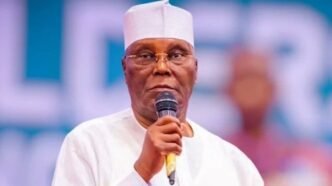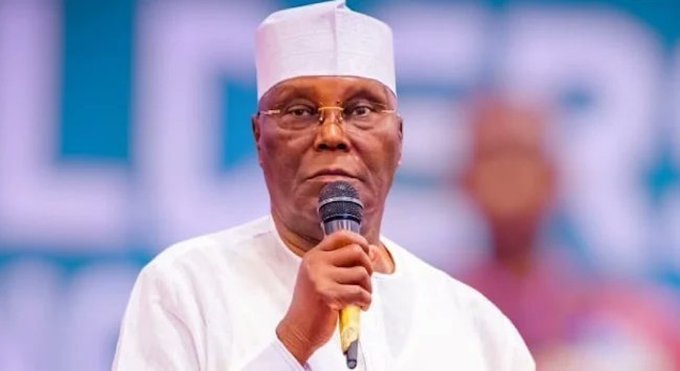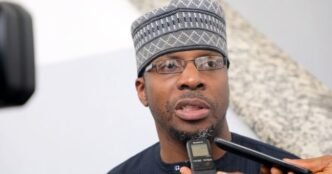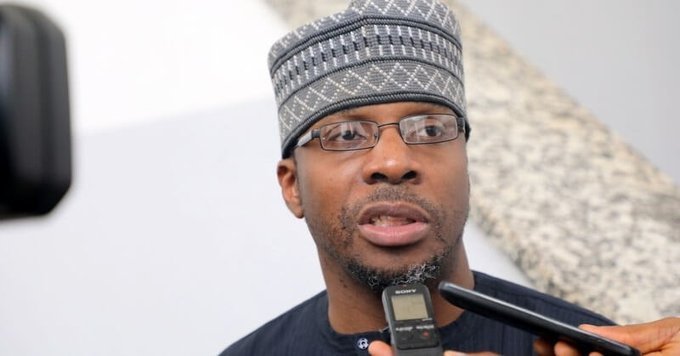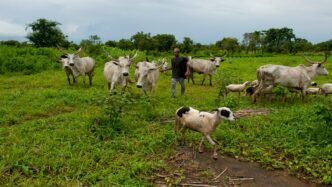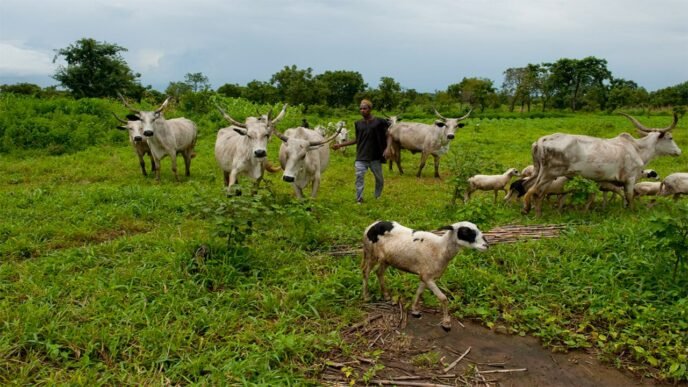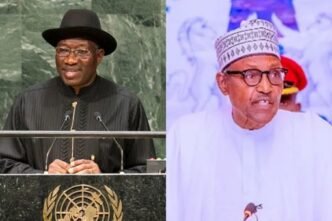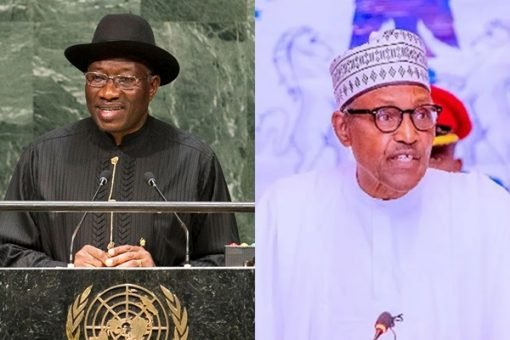Former Vice President of Nigeria, Atiku Abubakar, has strongly dismissed reports suggesting that he intends to step down for another presidential aspirant ahead of the 2027 general elections. The statement, which has drawn widespread attention in political circles, came in response to misinterpretations of his recent interview with the BBC Hausa Service.
Atiku, who has been a central figure in Nigeria’s democratic journey for decades, made it clear through his media office that he has not declared any plan to withdraw from the race or yield his political ambition to any other contender. His team has instead characterized the reports as deliberate misrepresentations of his remarks, intended to create confusion within the political landscape as Nigeria gears up for another round of elections.
Clarifying the Controversy
The controversy began when excerpts from Atiku’s BBC Hausa interview circulated online, with several reports claiming that the 2023 Peoples Democratic Party (PDP) presidential candidate was preparing to step aside for a younger aspirant in 2027.
However, Atiku’s Media Adviser, Paul Ibe, swiftly issued a statement clarifying the matter. According to him, neither the transcript of the interview nor the video supports the claim that Atiku is withdrawing his presidential ambition.
“Nowhere in the BBC Hausa interview did Atiku Abubakar say he was stepping down for anyone,” Ibe stressed, describing the reports as “a mischievous twist of his words.”
He explained that what the former vice president actually said was that he encourages the participation of younger aspirants in the political process. If such a candidate were to emerge through a transparent primary process within the African Democratic Congress (ADC), the new party Atiku has aligned with, he would have no issue supporting that aspirant.
This, Ibe maintained, was very different from saying that Atiku had resolved to step down in advance of the contest.
Atiku’s Political Standing Ahead of 2027
Atiku Abubakar remains one of the most experienced and visible figures in Nigerian politics. Having served as Vice President from 1999 to 2007 under former President Olusegun Obasanjo, he has contested the presidency multiple times, becoming the PDP’s standard-bearer in the 2019 and 2023 elections.
While he was unsuccessful in those attempts, Atiku has continued to command influence across Nigeria’s political space, particularly in the northern region and among core PDP supporters.
The 2027 election is expected to be highly competitive, with several opposition parties strategizing on how to challenge the incumbency of President Bola Ahmed Tinubu and the All Progressives Congress (APC).
Atiku’s reaffirmation that he is not stepping down underscores his intention to remain in active contention. Observers believe this move is also aimed at assuring his supporters that he is still in the race, amid growing calls for generational change in Nigerian politics.
Media Misinterpretation and Political Spin
The incident highlights the growing role of media interpretation in shaping political narratives in Nigeria. Some news outlets had published headlines suggesting Atiku was ready to “step aside” for younger aspirants, a phrase that quickly spread across social media.
But upon closer inspection, analysts noted that Atiku’s words had been taken out of context. He had not announced any personal withdrawal but had rather acknowledged the legitimacy of younger politicians aspiring to Nigeria’s highest office.
Political analysts argue that such misinterpretations are not new in the Nigerian political environment, where soundbites are often spun into political weapons by rivals or overzealous commentators.
For Atiku, the stakes are particularly high. Any suggestion that he may be exiting the presidential race could weaken his leverage in political negotiations, undermine his supporters’ morale, and embolden rivals within and outside his camp.
The Youth Question in Nigerian Politics
Atiku’s comments about supporting a younger aspirant if they emerge victorious in party primaries reflect an important conversation in Nigeria’s political discourse — the role of youth leadership.
Nigeria has a median age of about 18 years, making it one of the youngest populations in the world. Yet, its political leadership has historically been dominated by figures who have been active since the late 20th century.
Movements such as “Not Too Young to Run,” which successfully pushed for constitutional amendments lowering the age requirements for political office, have amplified calls for younger leaders to play a more prominent role.
In this context, Atiku’s remarks can be interpreted as a recognition of the rising demand for generational change. However, his clarification ensures that such recognition does not translate into premature speculation about his personal exit.
The Role of the African Democratic Congress (ADC)
Atiku’s alignment with the African Democratic Congress adds another layer to the unfolding narrative. The ADC, which has existed as a smaller opposition party, has recently been floated as a platform for coalition-building among politicians dissatisfied with the PDP and APC.
Atiku’s association with the ADC has fueled speculation about the possibility of a broader political realignment ahead of 2027. Some political watchers argue that his willingness to back a younger aspirant within the ADC, should they win primaries, is a strategy to strengthen the party’s democratic image and attract new supporters.
Nonetheless, his insistence that he has not stepped down shows he remains committed to playing a central role in the ADC’s political project.
Atiku’s Legacy and the Road to 2027
As Nigeria approaches the 2027 elections, Atiku’s position remains critical for several reasons. First, he represents continuity for millions of PDP loyalists and opposition voters who see him as the most formidable challenger to the APC. Second, his experience and political network make him an influential figure in any coalition-building efforts that may define the election.
The clarification that he is not stepping down ensures that his name remains central in Nigeria’s presidential conversation. At the same time, it reveals his awareness of the shifting political tides, particularly the growing clamor for youthful leadership.
By signaling that he would support a younger aspirant if they genuinely win primaries, Atiku has balanced his personal ambition with an appeal to Nigeria’s younger electorate — a demographic that will play a decisive role in the 2027 elections.
Conclusion
Former Vice President Atiku Abubakar’s dismissal of reports that he intends to step down for another presidential aspirant ahead of the 2027 elections has reaffirmed his commitment to Nigeria’s political contest. His clarification demonstrates that he remains in the race while simultaneously opening the door for younger aspirants to compete fairly within the party framework.
The episode also serves as a reminder of how quickly political narratives can be shaped — and sometimes distorted — in Nigeria’s highly charged media environment. For Atiku, it underscores the importance of clear communication, as well as the need to counter misinterpretations before they snowball into political liabilities.
As the 2027 general elections draw nearer, Atiku’s political strategy, his party’s cohesion, and the possibility of youth-driven leadership will continue to dominate Nigeria’s political conversation. One thing, however, is clear: Atiku Abubakar is not stepping aside just yet.

